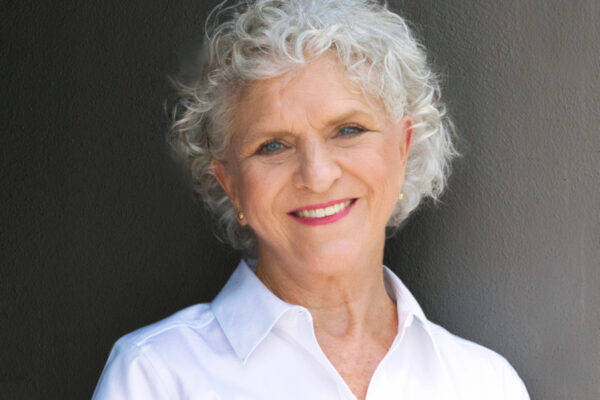In between jobs, I half-avoided an article in The New York Times a couple of weeks ago so bluntly titled “Why You Hate Work.”
Its core message, that we’re not happy about going to our jobs every day, find it difficult to get work accomplished when we’re there and on top of that feel unappreciated, resonates with many of us in an uncomfortable, unsettling kind of way.
I´m sure I wasn´t alone in reevaluating my current situation out of fear of reaching the ultimate burnout.

Having a job that pays the bills shouldn’t be enough?
But the question is, in an economy that’s still regaining composure, if we have a job that pays the bills, shouldn’t that be enough?
Can we find fulfillment in a job that brings in a paycheck regardless of what the work is? Or should we be determined to find work that’s inspiring on a daily basis?
Unlike the self-help/self-improvement career books that encourage us all to “find our parachute,” the New York Times article seemed more to suggest the ways in which our current workplaces are holding satisfaction at arm’s length—regardless of the work involved.
This is not to suggest that some of us aren’t long overdue for a career switch.
Also Read: My Life Reimagined, Over and Over
But not everyone was cut out to start his or her own company, and the truth is, not everyone needs to have a love affair with his or her job in order to combat workplace burnout.
Personally, I appreciate the option of working from home on occasion, but I recognize that not everyone shares that same desire.
For some people, a certain kind of structure is imperative to get things done. Not all of us can perform well based on our own willy-nilly organization skills.
Why you hate work
So, it’s not necessarily being in the office or working for someone (in the case of those who prefer to be self-employed) that’s causing us to hate work.
What’s making us unhappy at work is that we are not feeling energized, valued, focused, or purposeful.
When senior leaders were asked whether their employees performed better when these four factors were in place, the answer, of course, was an easy yes; getting there was far more difficult.
Finding ways to consistently offer employees energy, value, focus, and purpose, it turns out, is not so simple.

A sense of purpose
Many companies in Silicon Valley pay attention to the physical needs of their staff.
The creation of nap rooms and free or very cheap meals makes people happier, but neither of these is likely to give an employee a sense of purpose as much it promises to lend energy and focus.
Also Read: Going Back to School in Midlife
Some people—and they are often the ones proclaiming that it doesn’t matter what you do for work so long as you find time to explore your passions outside of it—can find purpose in work that’s not closely aligned with their passions, while others of us will forever be miserable working in a job that doesn’t inspire.
Figuring out which type of person you are is key.
Once upon a time I believed that I could be happy working at a job that paid the bills and allowed me to pursue my passions on the side.
There were two problems with this: 1) I had next to no spare time, and 2) I kind of hated my bill-paying job.
For me then, working just to get paid wasn’t going to cut it, but I figured I could settle for a happy medium, which for now involves an office with perks and flexibility.
I’d considered being a full-time freelance writer, but as a wise person once cautioned me, “unless you’re comfortable being super broke (I’m not) or have a giant bank account, (I don’t), I would not recommend that step just yet.”

Also Read: Tips to Deal With a Midlife Crisis
As the workplace study demonstrates, employees whose physical and mental well-being are addressed, are likely to be more engaged and, therefore, perform better, making for an overall happier workplace, indeed.
It is not fair to say that the workplace itself (i.e. the corporation) is the problem. It’s what goes on inside; moreover, it’s all about how employees are treated and the trust they are given.
Perhaps then, it’s not so unrealistic to envision a person who works 40-45 hours a week and goes home to pursue passions that have nothing to do with earning a paycheck.
If your productivity, loyalty, and performance are fueled, is that all it takes to make an ok job a great one?
You be the judge of that.





Leave a Reply